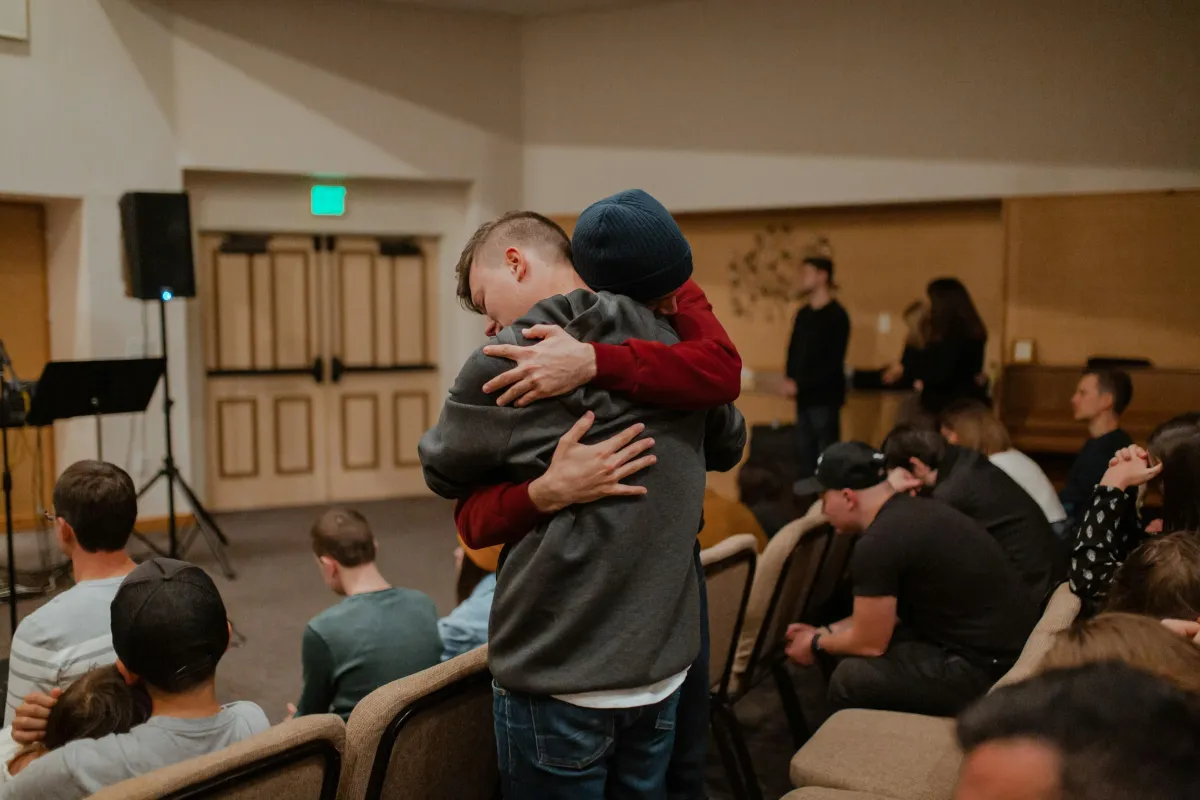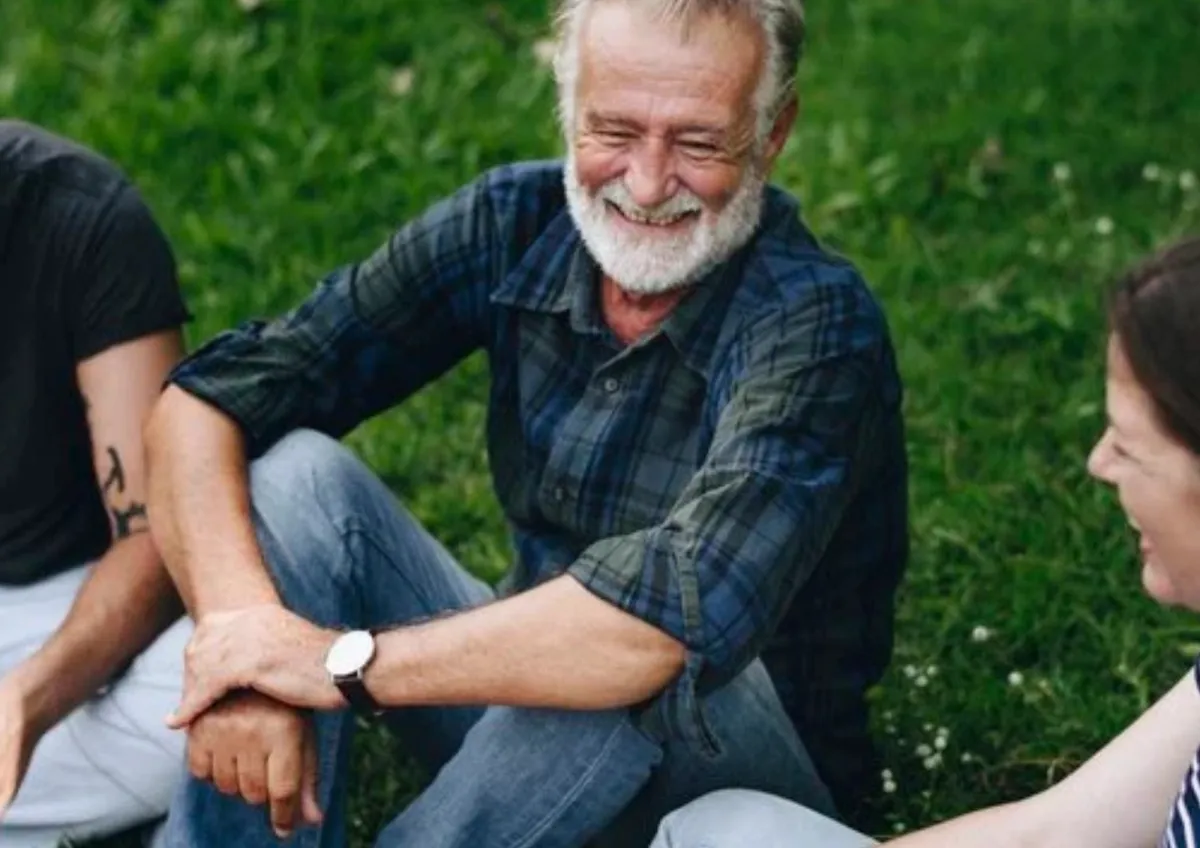Grief Recovery
Find hope after loss
In-person and online experiences to help you live forward after loss.
Understand grief in a brand new way
Gain new hope for a better tomorrow
Develop practical strategies for grieving
Grief does not have to be the end of joy
Loss can leave you overwhelmed and alone, struggling to keep your head above water in a raging sea of grief.
But grief and loss do not have to suck the life out of you.
UNDERSTANDING GRIEF: A COMPREHENSIVE GUIDE
Grief is a natural response to loss, but it can feel overwhelming.
At Spark of Life, we offer a range of resources to help you understand and manage your grief.
Our grief recovery programs provide practical strategies and compassionate support to help you move forward.
Whether you’re dealing with the loss of a loved one, a divorce, or any other significant life change, our resources are designed to guide you through the healing process.
Discover hope in the midst of grief with Spark of Life:
Get meaningful tools to help you heal
Find support from others who have been there
Gain confidence as you live forward
PROVEN SUPPORT FROM PEOPLE WHO CARE
Everyone has felt the heartbreak of grief and loss. We may think we will never have joy again.
BUT GRIEF AND LOSS DO NOT HAVE TO BE THE END OF JOY.
Spark of Life knows living forward can be better than you ever imagined. We can Live Forward with our pain.
After conducting over 100 Grief Retreats and 75 Grief Workshops, we have learned this from thousands of grievers – there is always hope. At times, we may need someone to walk beside us.
We created practical tools to help support you as you recover from devastating loss. We have seen thousands of people live forward with joy and hope.
JOIN A SUPPORTIVE COMMUNITY
At Spark of Life, we believe in the power of community.
Our retreats bring together individuals who have experienced loss, providing a safe space to share, learn, and heal. By connecting with others, you can find comfort and strength in knowing you’re not alone.


Proven Strategies for Healing
Our approach to grief recovery is based on years of experience and thousands of success stories. We know that every grief journey is unique, and our grief retreats are tailored to meet your specific needs.
Our programs include:
- Grief Retreats: Intensive, supportive experiences that offer tools and community to help you heal.
- Online Courses: Flexible and convenient options that allow you to work at your own pace.
- One-on-One Coaching: Personalized support from certified grief coaches to address your unique situation.

ONLINE & IN-PERSON RETREATS
Our 3 1/2-day Grief Retreat is a one-of-a-kind experience that re-ignites the hope of life after loss.
Every participant gains new tools to heal, to build a network of support, and in just a few days, to find the hope they need to begin living forward.
Book today — space is limited.
ONLINE COURSES
Our Online Grief Recovery Course is designed so you can work at your own pace and gain the tools you need to heal from the comfort of your home.
You’ll find the same material we use for our retreats designed as guided videos and exercises to help you develop a plan for the future to live forward with hope and purpose.
And, you can begin whenever you decide.


ONE-ON-ONE COACHING
Schedule a call with a Spark of Life Certified Grief Coach to work on unique and specific aspects of your grief.
BOOK YOUR GRIEF SUPPORT TODAY
If you’re ready to take the next step toward healing, we’re here to help. Explore our retreats, online courses, and
coaching options to find the support that’s right for you. Don’t let grief hold you back from living a fulfilling life. Contact us today to learn more and register.
INSPIRATIONAL STORIES FROM OUR PARTICIPANTS
The journey through grief is challenging, but it can also be transformative. Read testimonials from participants who have found hope and joy through our programs. Their stories of resilience and recovery are a testament to the impact of our work.
"Loved everything so far"
"One of the greatest gifts I received on my grief journey was being able to attend one of your retreats in Jefferson. I am so grateful for the Living Forward philosophy I took away from your retreat, and the huge weight that lifted off my shoulders"
-Lauren
"My life changed forever"
"Thank you so much for the opportunity to come to Spark of Life #96. It was an amazing experience for me that I will cherish."
- Melissa
"Highly recommend this"
"It has been a life saving experience for me after the loss off my husband. The tools that were given were helpful to me during the retreat and will continue to help me move forward in my life journey."
-Clara
STAY CONNECTED
Stay up to date with the latest news, resources and events from Spark of Life by subscribing to our newsletter and following us on social media.
We're here to support you every step of the way.
© 2025 Spark of Life. All rights reserved.

